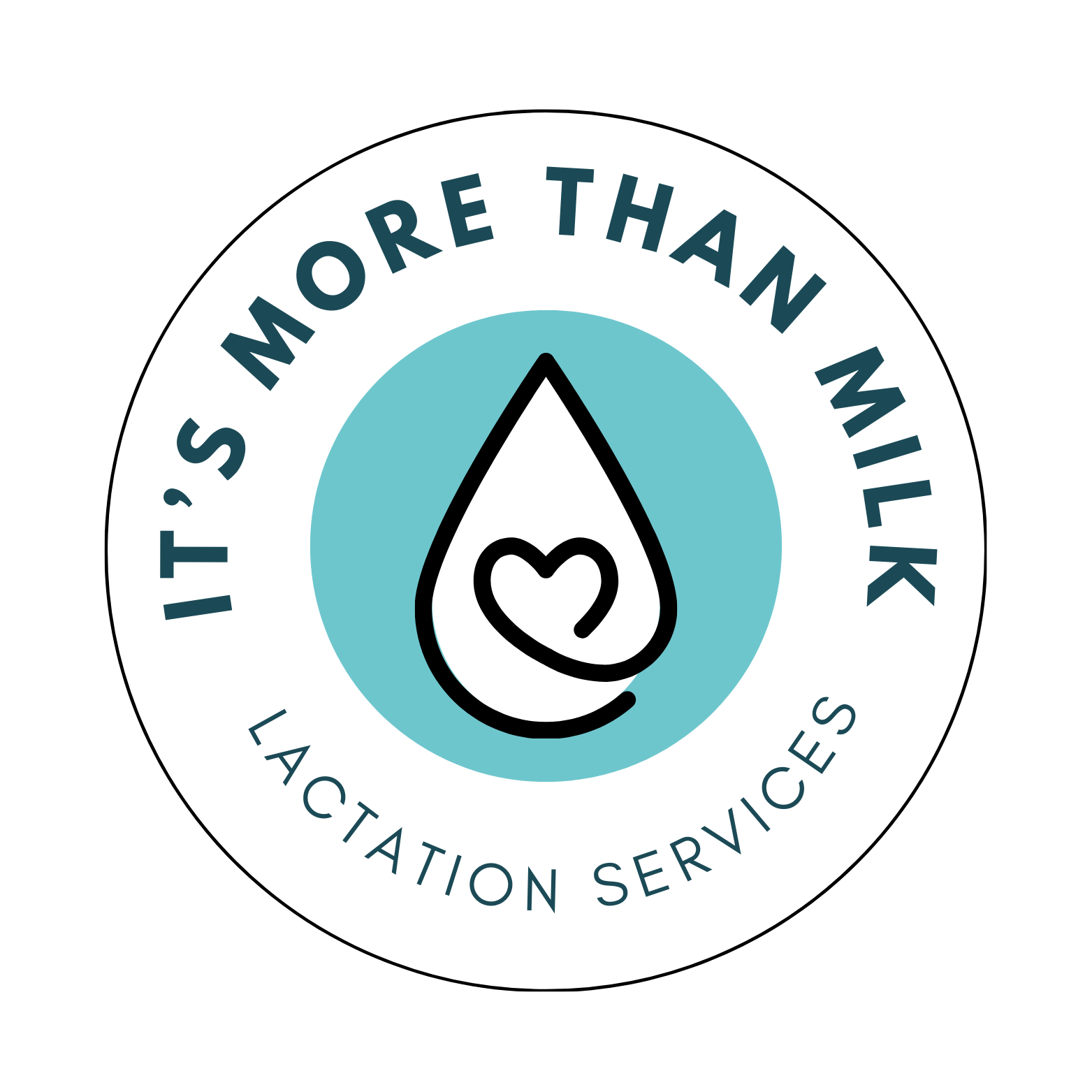Now that you’ve booked your lactation consultation, here’s what how to get ready for it:
Insurance and Self Pay
It’s More Than Milk has partnered with The Lactation Network to provide lactation services to families with some United Healthcare, BlueCross BlueShield, PNOA, and MultiPlan insurance coverage plans. For families with Cigna, we work with Wildflower Health. Self pay rates available for those with other plans and providers. A travel fee may apply to home visits regardless of coverage. We do not work with Aetna or Medicaid at this time. Learn more here.
Pre-Visit Intake Forms & Paperwork
If this is our first visit, you will receive an email to complete health history and consent forms in the next 24 hours from MilkNotes, our charting software. It is crucial to fill these out prior to the visit so we have a clear idea of what is going on with parent and baby. Look for an email from MilkNotes, our charting software, as sometimes it can be flagged as Spam. If you have not received a link to create a patient portal account and access your forms 24 hours prior to our visit, please contact us.
Feeding
We will do our best to schedule your visit around your baby’s feeding time. Ideally, we ask that you wrap up any feedings about 60-90 minutes prior to our visit. If your baby cannot wait until our visit, it is okay to give them a snack by offering a shorter feeding or a small amount from a bottle. This can help ensure that they’re not too upset for our visit.
Equipment
For clinic visits, please bring any equipment you currently use for infant feeding. For home visits, please keep any equipment you currently use for infant feeding close by. This includes: nipple shields, nursing pillows or other pillows, at-breast supplementer, formula, expressed milk, syringes, cups, and bottles. You are encouraged to also bring your breast pump for flange fittings and to ensure you’re using it as efficiently as possible
Supplements for Baby
If your baby is being given supplements of expressed milk, donor milk, or formula, please bring it with you to a clinic visit or have it on hand for a home visit.
Questions
It can be very helpful to keep a list of questions/concerns you want to go over during our time together. Some families find it convenient to keep a running Note in their phone that they share with their partner/support person.
Support People
You are welcome to bring a partner or one support person with you to clinic visits, or have a partner or one support person present with you at home visits. Additional family members do not have to leave the house, but it is typically best to keep the number of people at the visit to a minimum. This includes siblings as well, whenever possible. If a sibling must accompany you to the visit, please bring a quiet activity and snack for them.
Pets
As much as we enjoy your furry children, please have your pets in another area of your home during the visit. Pets tend to think that guests are there to play with them, and we want to keep the focus on you and our discussion. During the visit, we may hold your baby and get hands on assisting you and your baby. This can be perceived by your pet as a stranger getting too close. Please ensure that all pets will be secured in a separate area for the visit. Service dogs are exempt.
Follow Up Visit
In some cases, a follow up lactation visit is necessary to monitor progress. We will let you know if this is necessary towards the end of our visit. It is best to set up any follow up visits at the end of your initial visit. While you can decline follow up care, please note that it may impact milk supply, lactation goals, and infant growth outcomes.
Visit Notes
While you or your support person is welcome to take notes, we will type up our visit notes after the visit. A copy will be available for you in your parent portal and sent to your baby’s pediatrician or healthcare provider. If other care providers need to be notified, this will be discussed with you at the visit. Lactation super bills with ICD-10 codes will be emailed to you. All notes, faxes, and super bills will be delivered within 24 hours of our visit, but often sooner.
Additional support
All in-person visits include 2 (two) weeks of support by email or text about your current feeding plan. If issues continue or new issues arise beyond that time, an additional in-person visit will be required. We typically check messages throughout the day on weekdays, and once per day on weekends. We generally reply based on the order they are received, although we may prioritize more time sensitive messages. Urgent clinical concerns should be reported to and addressed by your or your baby’s medical provider.
